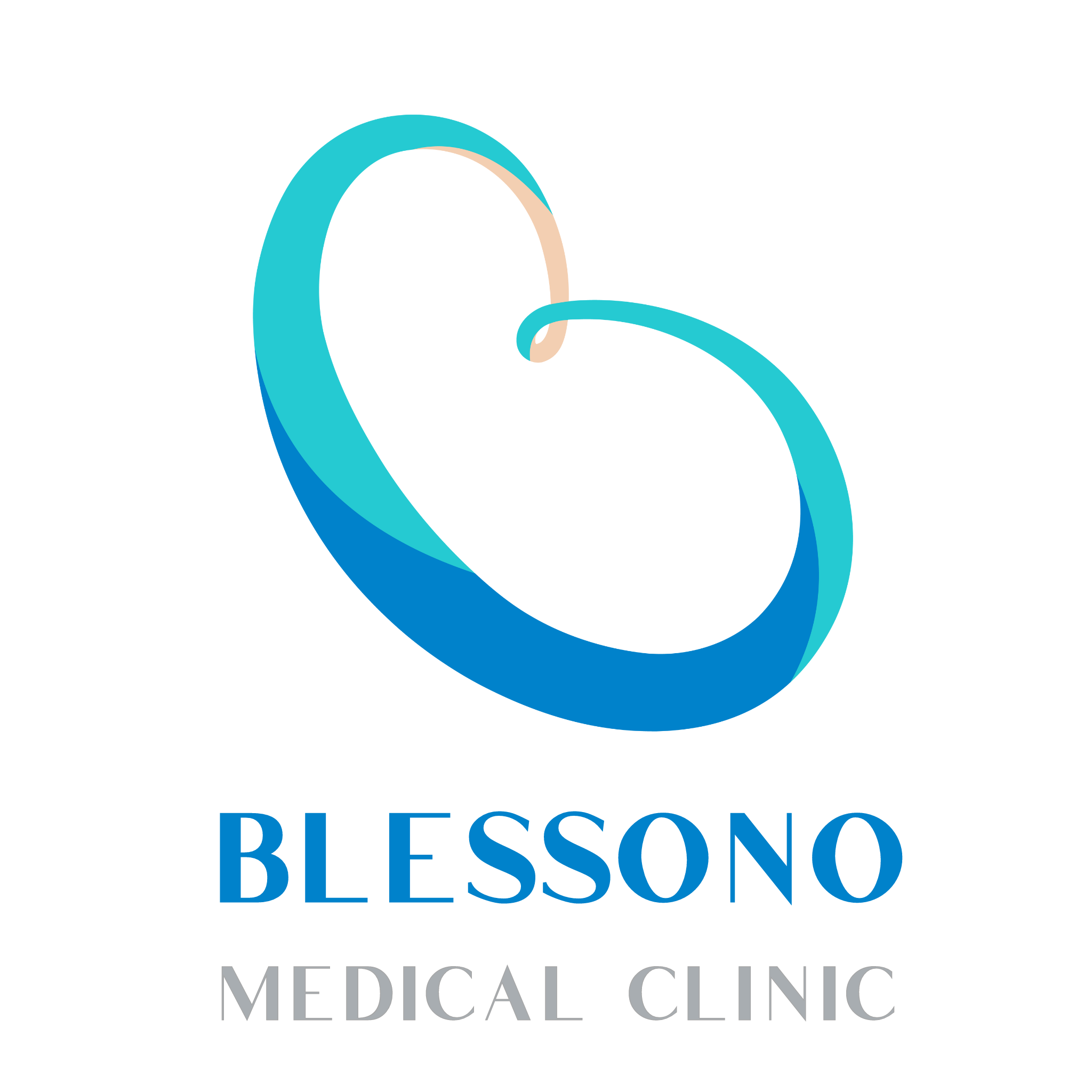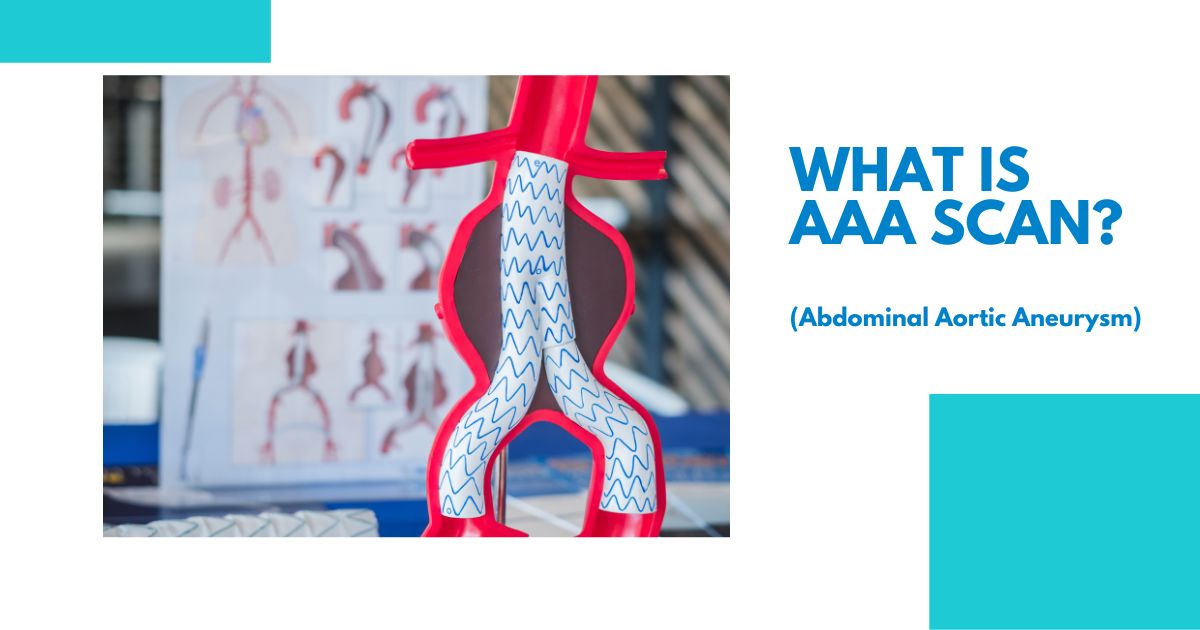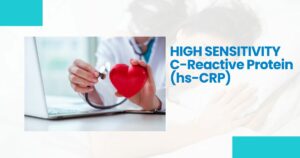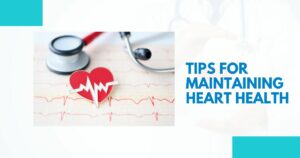What is Abdominal Aortic Aneurysm (AAA)?
Abdominal Aortic Aneurysm (AAA) is a medical condition that occurs when a section of the aorta, the largest blood vessel in the body, expands or bulges outwards. The aorta is responsible for transporting oxygen-rich blood from the heart to other parts of the body. An AAA can develop in the section of the aorta that passes through the abdomen, which is why it is referred to as an abdominal aortic aneurysm.
Abdominal Aortic Aneurysm (AAA) Medical Symptoms
Some individuals with AAA may not experience any symptoms, while others may experience back or abdominal pain, a pulsing sensation in the abdomen, and/or discomfort during bowel movements. In some cases, an AAA may be discovered during routine medical imaging for another condition. AAA can be a serious condition, and if left untreated, it can lead to the rupture of the aorta, which can be life-threatening.
Abdominal Aortic Aneurysm (AAA) Screening Procedure
Screening for AAA typically involves an abdominal ultrasound, which uses high-frequency sound waves to produce images of the aorta. During the procedure, a gel is applied to the abdomen, and a handheld device called a transducer is used to capture images of the aorta. The procedure is non-invasive and usually takes less than 30 minutes to complete. It also does not require any special preparation.
How Much Does an Abdominal Aortic Aneurysm Screening Cost?
The cost of an AAA screening can vary depending on the provider and location. Some insurance plans may cover the cost of screening for individuals at risk of developing AAA, such as those with a family history of the condition. Without insurance, the cost of an AAA screening can range from 350 RM to 500 RM
AAA Screening Near Me
AAA screenings are typically offered by primary care physicians and specialists, such as vascular surgeons. Local hospitals and medical centers may also offer AAA screenings, like Blessono.
AAA Screening How Often
The frequency of AAA screenings may depend on the individual’s risk factors for developing the condition. In general, men aged 65 to 75 who have ever smoked are recommended to undergo a one-time screening for AAA. Individuals with a family history of AAA may also be at increased risk and should discuss screening options with their healthcare provider.
AAA Screening Family History
Individuals with a family history of AAA may be at increased risk of developing the condition. If a first-degree relative, such as a parent or sibling, has been diagnosed with AAA, the individual may be referred for screening at an earlier age and more frequently than individuals without a family history.
Blood Test for Aortic Aneurysm
Currently, there is no specific blood test to diagnose AAA. However, blood tests may be used to monitor the condition and assess the risk of complications. Blood tests can measure certain proteins and enzymes that may be elevated in individuals with AAA, such as C-reactive protein (CRP) and matrix metalloproteinases (MMPs).
Although blood tests can’t diagnose AAA, a vascular screening typically includes an Abdominal Aortic Aneurysm (AAA) scan as part of the evaluation. Vascular screening is a non-invasive diagnostic test that assesses the health of the blood vessels in the body, including the arteries and veins. AAA scan is a type of vascular screening that uses ultrasound imaging to detect the presence of an aneurysm in the abdominal aorta. During an AAA scan, a technician uses a handheld device to capture images of the aorta, which are then analyzed by a radiologist or other healthcare provider to determine the size and location of any aneurysms. Since AAA is a common and potentially life-threatening condition, it is often included as part of a comprehensive vascular screening to help identify individuals who may be at risk and require further evaluation or treatment.
Effects of AAA
If left untreated, Abdominal Aortic Aneurysm (AAA) can have serious consequences, including the rupture of the aorta, which can be life-threatening. When an AAA ruptures, blood spills into the abdominal cavity, causing severe pain, shock, and often sudden death. The risk of rupture increases as the size of the aneurysm grows, and larger aneurysms are associated with a higher risk of rupture. Prompt treatment of AAA, either through surgery or other procedures, can reduce the risk of rupture and improve outcomes for individuals with the condition.
AAA treatment
The treatment of Abdominal Aortic Aneurysm (AAA) depends on the size and location of the aneurysm, as well as the individual’s overall health. Small aneurysms, typically those less than 5 cm in diameter, may be monitored with regular imaging tests and lifestyle changes, such as quitting smoking and managing blood pressure. Larger aneurysms may require surgery or other procedures to repair the aneurysm and prevent it from rupturing. The most common surgical procedures used to treat AAA include open surgery and endovascular repair.
During open surgery, the aneurysm is removed and replaced with a synthetic graft. Endovascular repair involves the insertion of a stent graft into the aorta through small incisions in the groin, which is guided to the site of the aneurysm using imaging techniques. Both procedures have their own risks and benefits, and the best course of treatment for an individual with AAA should be determined in consultation with a healthcare provider.
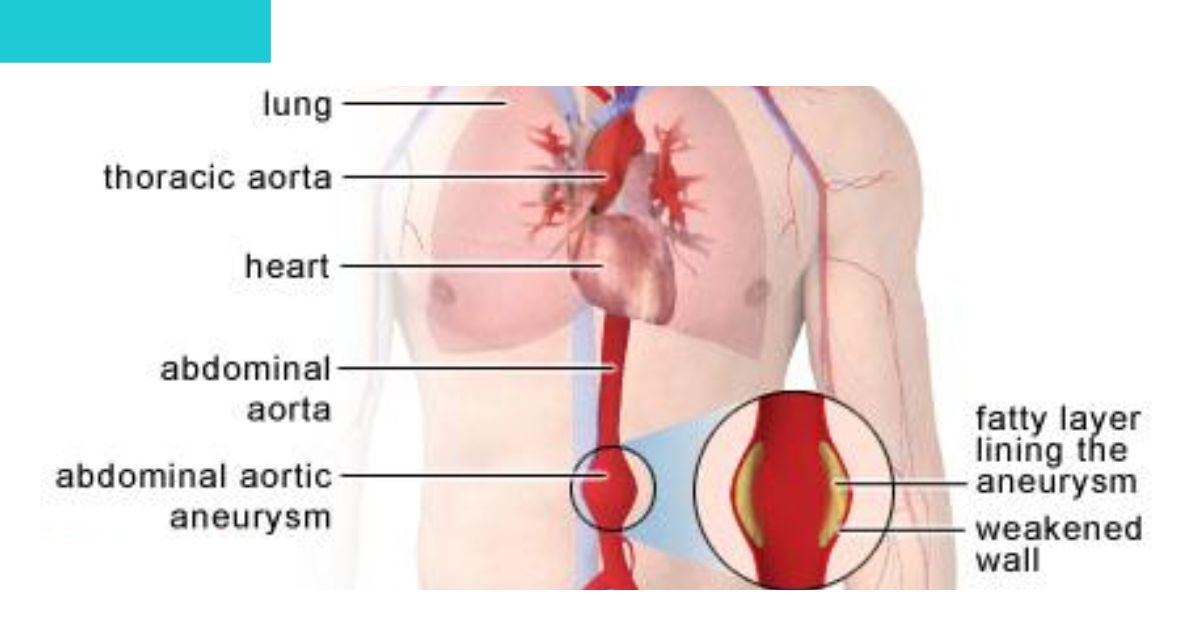
AAA is a medical condition that can be serious if left untreated. Screening for AAA typically involves an abdominal ultrasound, and the frequency of screening may depend on the individual’s risk factors for developing the condition. While there is no specific blood test to diagnose AAA, blood tests can be used to monitor the condition and assess the risk of complications.
If you want to know more about our Vascular Health Screening Package, come visit our online store.
